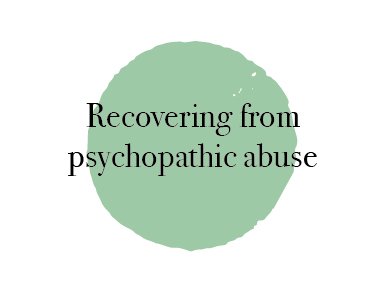
Recovering from psychopathic abuse
(PDPT)
“From recognising and identifying the signs and symptoms, through to eventual recovery, we are here to support victims of psychopathic abuse.”
Being in a relationship with a Person/Partner who Displays Psychopathic Traits (PDPT) is detrimental to psychological and physiological well-being.
Psychopathic abuse is often confused with narcissistic abuse. Although some of the traits may be the same, such as superficial charm, lying and deceit and manipulative, coercive and controlling behaviour, there is a fundamental difference that sets a Person who Displays Psychopathic Traits (PDPT) apart. It is a congenital neurological abnormality that results in a lack of conscience. Without the essential moral compass that conscience provides, all actions are deemed acceptable to this individual. From the most heinous to those that appear kinder, all are purely self-serving.
Indeed another significant difference is motivation. The actions of persons with narcissistic personality disorder (NPD) are primarily driven to defend against deeply buried inferiority, fear and shame. All actions of a PDPT are planned and purely for self-gain. It is the unique combination of calculated actions and self-focus for personal gain, ability to deceive and disguise whilst convincingly emulating the full range of human emotions (including unconditional love and intimacy), that sets this pervasive pathology apart.
For intimate partners, this combination results in complex psychological harm that requires particular therapeutic intervention. Because little is known about this insidious, hidden form of abuse, victims are often left isolated, confused, disbelieved and/or misunderstood, whilst battling silently with ever worsening typical and atypical trauma symptoms.
PSYCHOPATHIC ABUSE IS A REAL PHENOMENON.
We are working to build a network of trained clinicians, to whom we can recommend upon request



